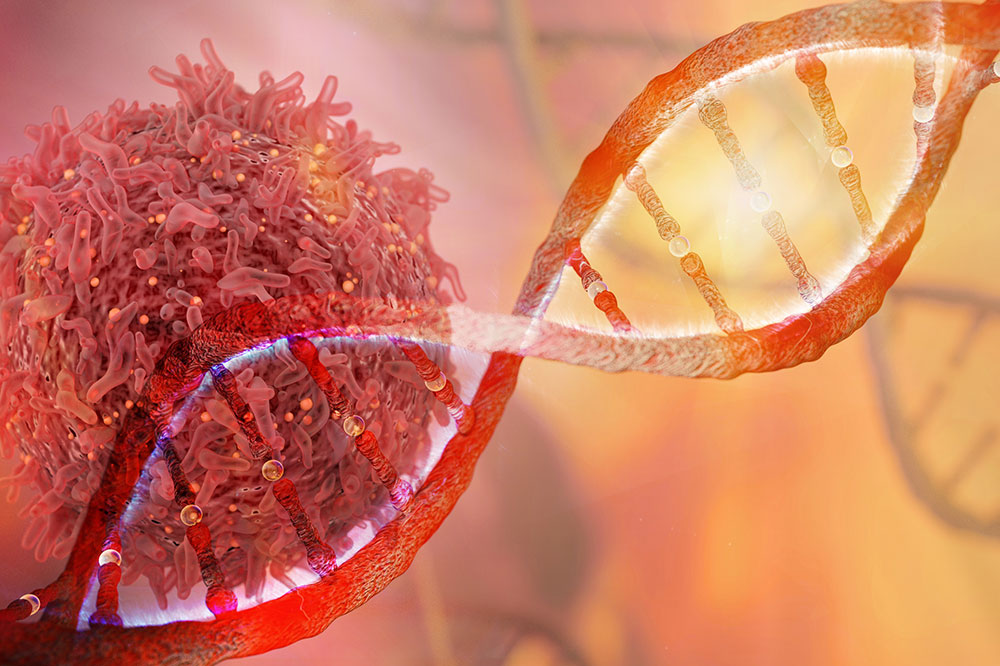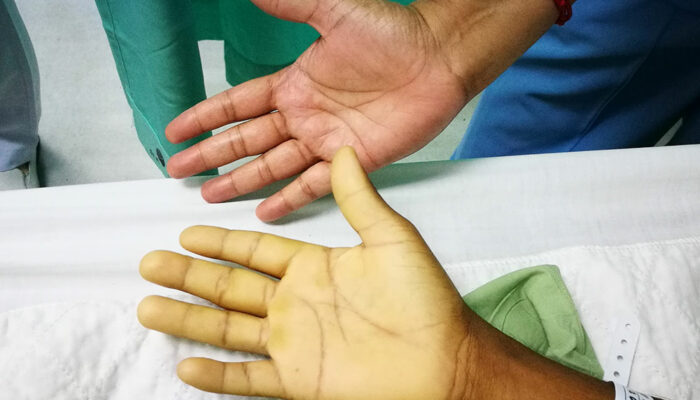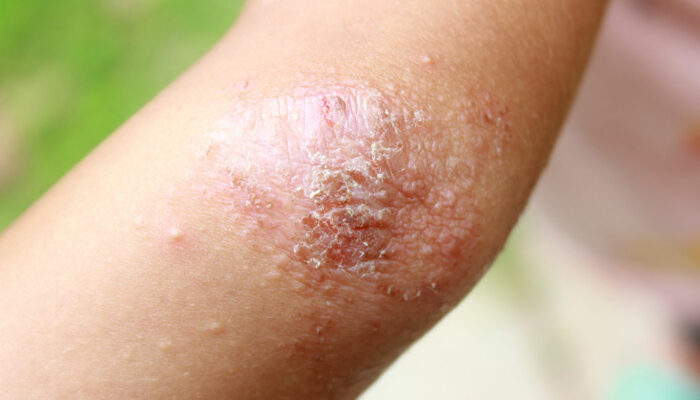
The 5 Most Common Genetic Cancer Types
Cancer is a disease in which the cells in the body start growing abnormally due to specific triggers or external factors. In some cases, cancer may be caused due to the genetic composition of the patient. If someone has a family history of a particular type of cancer, such as thyroid, breast, lung, kidney, prostate, colon, skin cancer, lymphoma, or myeloma, there is a high possibility of them developing the same. The cancer type will also determine the course of treatment with medications like gavreto, xtandi, opdivo, erleada, neulasta, and relugolix, and cancer treatments such as radiation and chemotherapy . Typically, cancers occur as a result of certain mutations in the genetic material.
When cancer is passed down the family, it is due to inherited gene mutations. Some of the common hereditary cancer syndromes are elaborated as follows:
1. Cowden syndrome
Cowden syndrome is a type of cancer in which the body develops multiple tumor-like growths. In most cases, these tumor-like growths observed in patients with Cowden syndrome are small and non-cancerous and are known as hamartomas. Such growths usually occur on the skin and the mucous membranes, but in rare cases, could also affect the digestive tract or the brain.
2. Lynch syndrome
Lynch syndrome, also known as hereditary non-polyposis colorectal cancer syndrome, is a condition in which the patient is at an increased risk of developing colorectal cancer. Moreover, people suffering from Lynch syndrome are also at a high risk of developing other kinds of cancers such as endometrial cancer, cancers of the digestive organs, ureters, etc.
3. Hereditary breast and ovarian cancer syndrome
Hereditary breast and ovarian cancer (HBOC) syndrome is a condition in which more than one cancer is found in the breasts or the ovaries. This is one of the most common types of hereditary cancer syndromes observed in people. Such cancers are caused due to inheritance of the mutations in the BRCA1 and BRCA2 genes. These mutations can be detected in women in their twenties through tests that can help such women make changes in their lifestyles so as to prevent developing these cancers. In some cases, it has been observed that a person may have a family history of HBOC but no gene mutation in either of these genes.
4. Li-Fraumeni syndrome
Li-Fraumeni syndrome is a rare genetic condition in which a person is at risk of developing multiple cancers at once. These cancers could be sarcomas, leukemias, breast cancers, brain tumors, etc. These cancers can occur at any stage in life and can be diagnosed in children as well as adults. Such patients are often at a higher chance of getting cancer multiple times in their lives and are at risk of developing cancer again from radiation therapy.
5. Familial adenomatous polyposis (FAP)
Familial adenomatous polyposis (FAP), also sometimes known as Gardner’s syndrome, is a type of cancer syndrome in which multiple precancerous colon polyps develop throughout the gastrointestinal tract. Most of these polyps are concentrated in the colon and rectum, but some may occur in the stomach and small intestine as well. These polyps are also known as adenomas.



